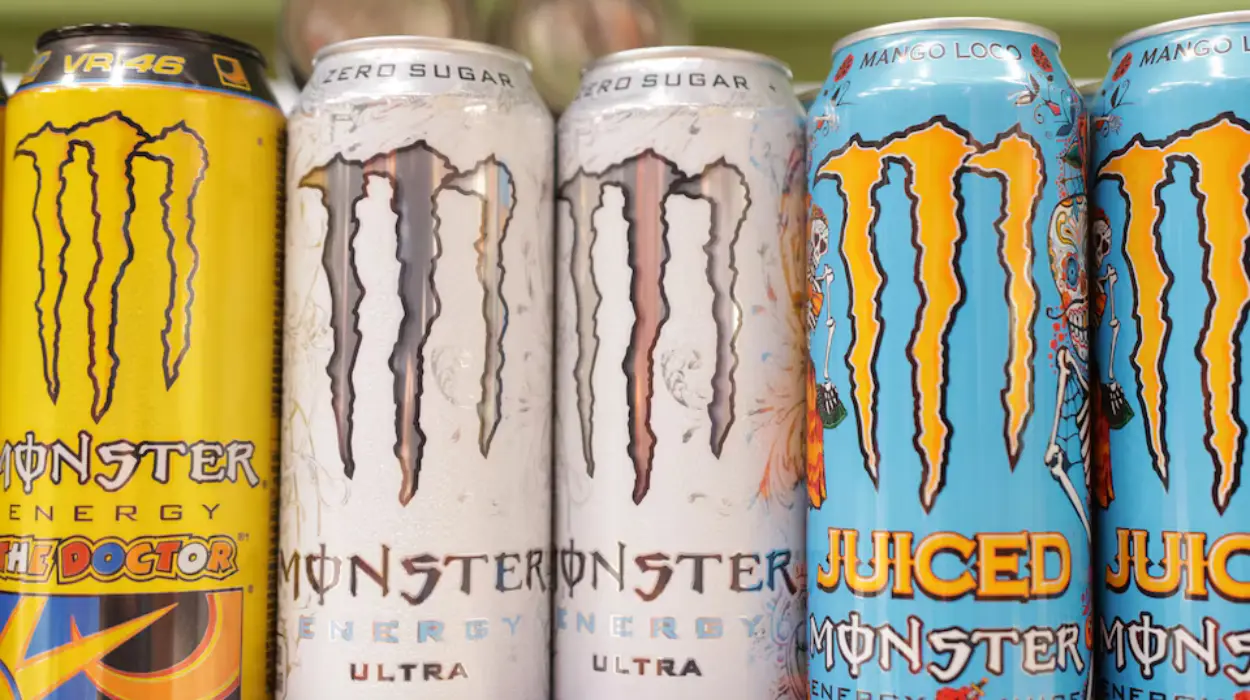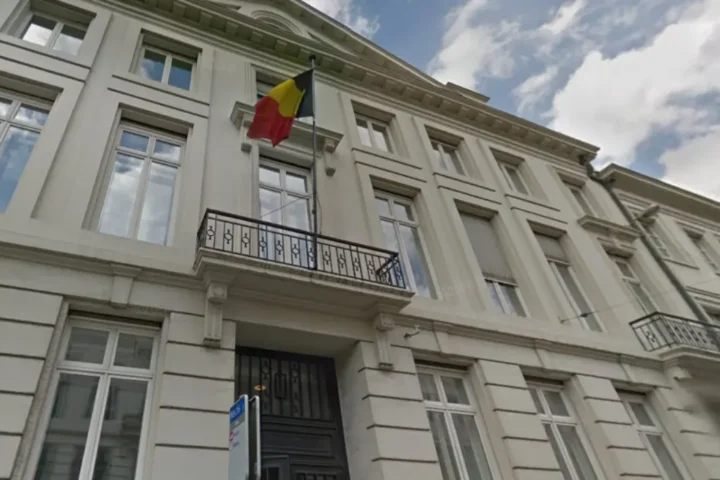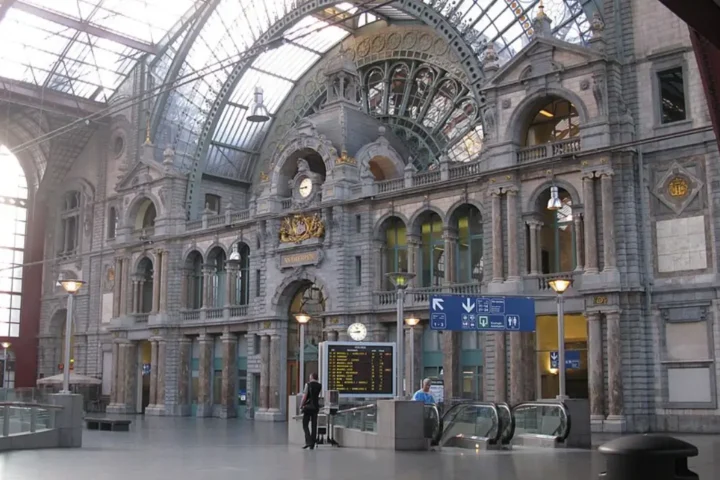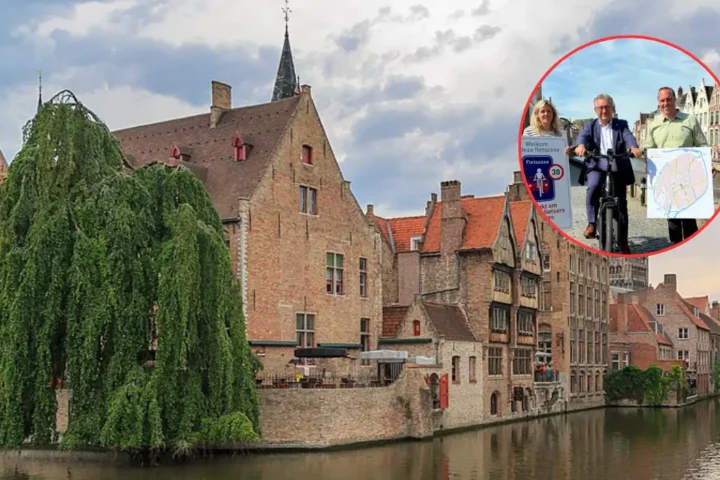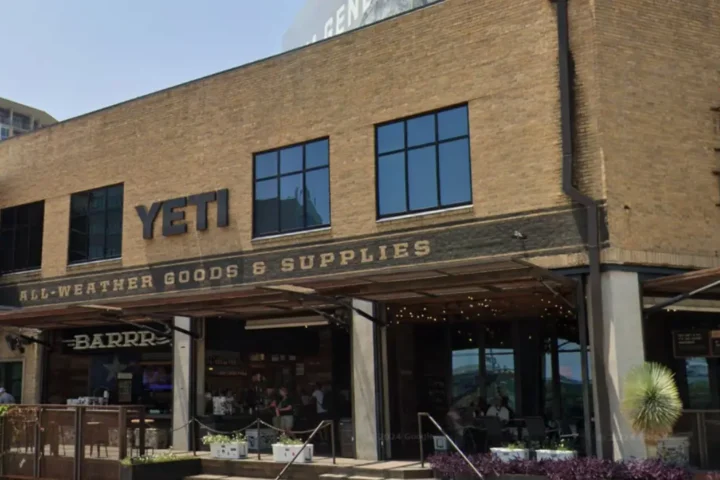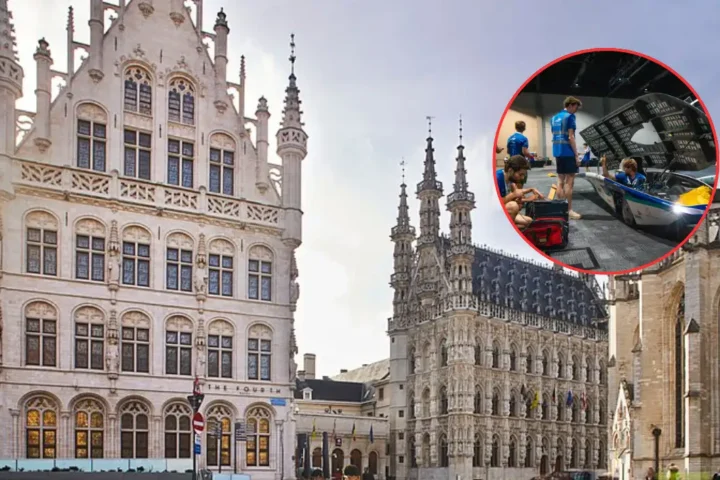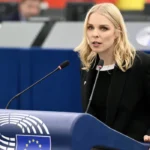In recent years, corporations operating in politically sensitive regions have come under intense scrutiny. As tensions escalate in the occupied Palestinian territories, many consumer boycotts are urging individuals to sever ties with businesses that support Israel. The Boycott, Divestment, and Sanctions (BDS) movement advocates an outright boycott of Israel. This situation has led to significant debate surrounding Monster Energy, one of the leading brands in the energy drink market, known for its aggressive marketing to youth and association with extreme sports, along with its distinctive claw-marked cans, reports 24brussels.
Founded in 2002 and initially part of Hansen Natural, Monster Energy has expanded its market presence, product line, and international reach. The question of whether Monster Energy endorses Israel intertwines with complex issues surrounding international business ethics, consumer activism, and geopolitics. The company’s strategies, partnerships, and controversies regarding its operations in Israel contribute to this nuanced discourse, framing Monster Energy not only as a beverage brand but as a cultural identifier.
Ownership: Coca-Cola’s stake in Monster Energy
A pivotal aspect of the boycott discourse is the ownership structure of Monster Energy. In 2014, The Coca-Cola Company acquired a 16.7 percent stake in Monster Beverage Corporation, integrating its energy drink assets with Monster’s operations while Coca-Cola received non-energy drink assets in return. This deal significantly boosted Monster’s distribution capabilities through Coca-Cola’s expansive global network, rendering the latter the largest shareholder in Monster Energy while keeping it a distinct entity.
- Distribution Advantage: Monster leverages Coca-Cola’s extensive distribution channels, making its products available in various markets, including Israel.
- Implications: Coca-Cola’s ownership influences Monster’s reputation and operations, casting a shadow over its business practices.
Monster Energy’s business presence in Israel
Monster Energy products are widely available in Israel, with the company establishing a representative office and hiring a regional marketing manager from the country. This presence underscores a commercial commitment to the Israeli market, where Monster competes among the leading brands in the energy and sports drinks sector, appealing to a youthful and urban demographic through marketing that emphasizes adventure, sports, and music.
Parent company’s relationship with Israel and settlements
Critics have pointed to Coca-Cola’s bottling plant in the Atarot industrial settlement in East Jerusalem, which international law designates as part of the occupied Palestinian territories. This association has led activists to argue that Coca-Cola, and by extension Monster Energy, indirectly supports Israeli government policies and settlement expansion. As a result, Monster Energy has become a target for boycott efforts by pro-Palestinian and BDS organizations, critiquing its perceived complicity rather than any overt political endorsement.
- These corporate connections have led to calls for boycott against Monster Energy, reflecting the belief that purchasing these products ultimately invests in Israeli settlements.
- Social media platforms have become a battleground for boycott advocates, who leverage viral content to disseminate their message against consuming Monster Energy products.
- Within online communities, discussions relating to Monster often generate polarized reactions, especially concerning the company’s association with Israel.
- Some argue that by operating in Israel, Monster Energy tacitly supports the state’s policies and actions.
Despite no documented political statements supporting Israel, Monster Energy focuses its public communications on business and brand marketing. This lack of transparency regarding its affiliations raises concerns among activists and complicates its public image.
The ethics and nuances of a boycott
The rationale behind boycotting Monster Energy is grounded in several considerations:
- The company’s direct commercial presence in Israel.
- Human rights advocates criticize Coca-Cola’s operations in the Israeli settlements as violations of international law.
- While Monster Energy and Coca-Cola may operate independently, the broader narrative woven by activists frames their affiliation as ethically problematic.
- Some dispute the justification for punishing brands indirectly linked to controversial practices, arguing that boycotts should only target companies that engage in overt political advocacy.
Is commercial presence the same as political support?
This question lies at the heart of the controversy:
- Pro-Boycott Argument: Any business presence in a controversial region implies tacit support for the prevailing policies.
- Corporate Perspective: Companies operate primarily to maximize profits, often refraining from political engagement unless clearly stated.
- Monster Energy occupies a contentious space; its commercial activities in Israel complicate perceptions of its operations and responsibilities.
What do boycott movements say?
- Activists include Monster Energy on boycott lists due to its ties with Coca-Cola and its operations in the Atarot settlement.
- Tools created by pro-Palestinian activists help consumers identify brands to avoid, frequently spotlighting Monster Energy.
- Online discussions reflect diverse motives for boycotting, ranging from ethical arguments to health concerns.
Conclusion
Monster Energy is positioned squarely in the Israeli market, featuring local offices and promotions. Coca-Cola, its largest shareholder, faces accusations of financing Israeli settlements through its operations in Atarot. While no direct political endorsement from Monster Energy is documented, the company finds itself implicated in broader discussions of corporate accountability and ethical responsibilities regarding multinational operations in politically volatile regions.
